NOURNEWS: It was just a week ago, amidst the Gaza war, that Tel Aviv disregarded all legal rights concerning diplomatic immunity by attacking Iran’s consulate in Damascus. So, six months after October 7th, a new date emerged as a turning point in the bloody Gaza conflict: April 1st.
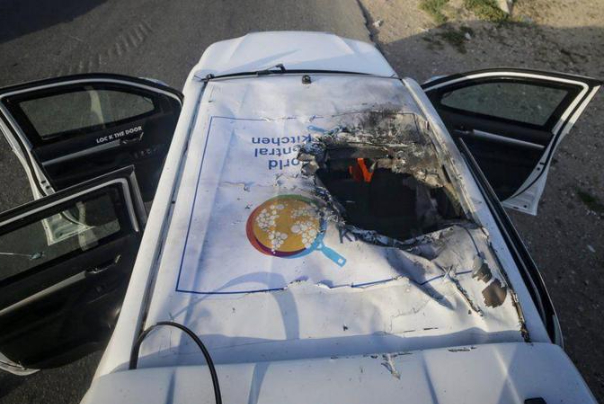
Europe's low-key withdrawal
Becoming aware of the events on the battlefield, American and European allies and supporters of the Zionist regime have shifted their behavior and tone of speech concerning the Israeli regime and the ongoing conflict in both media and formal settings over the past week. However, they attribute this change in stance to another event: Israel's attack on the vehicle of seven aid workers from the "World Central Kitchen."
In the incident, Tel Aviv killed seven nationals from Britain, Australia, Poland, Canada, the United States, and Palestine by attacking their rescue convoy affiliated with the non-governmental organization that aimed to aid the people of Gaza. On the very same day, they also attacked the consulate of Iran's embassy in Damascus.
The synchronicity of these two incidents laid the groundwork for a significant withdrawal by Europeans, distancing themselves from the Zionist regime. While it may appear that they have distanced themselves from Israel in protest against the killing of citizens, in reality, they have done so to shield themselves from the consequences of Israel's aggressive warmongering behavior.
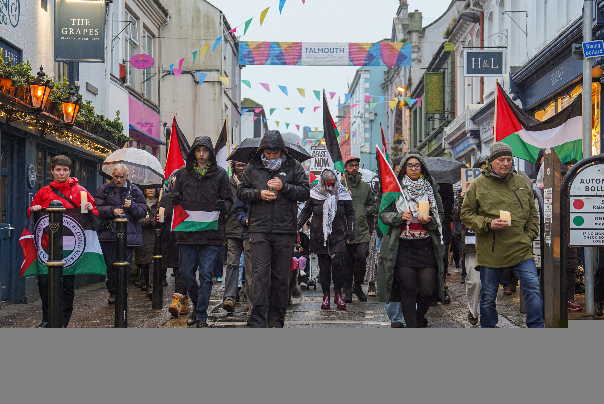
Europe, led by Britain, along with people around the world, has proposed a cessation of war or a reduction in the sale of weaponry to the Zionist regime. Additionally, according to reports, US President Joe Biden has engaged in a serious and tense telephone conversation with the Israeli Prime Minister, Benjamin Netanyahu.
This level of reaction to the killing of seven aid workers affiliated with a non-governmental organization has occurred while over the past six months, at least 176 United Nations workers have lost their lives in Gaza and over a hundred rescue buildings affiliated with the organization have been targeted.
The figure accurately attests that the true reason driving Europe's change in behavior and official stance was not the attack on aid workers, but rather the violation of Iran's consulate in Damascus.
According to international observers, Israel played with fire by attacking Iran's Diplomatic Complex in Damascus and killing senior generals of the Islamic Republic Guardian Corps (IRGC), with allies of the Zionist regime reluctant to be burned in the same fire.
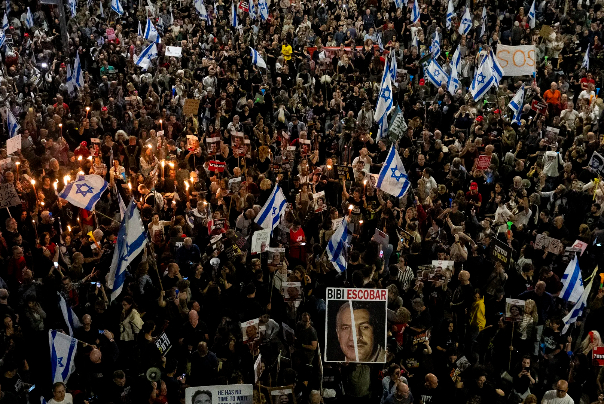
Magician in the fire
In the occupied territories, Benjamin Netanyahu and his Cabinet lack proper conditions as well. Three days ago, tens of thousands of settlers from the occupied territories took to the streets in Tel Aviv, calling for Netanyahu to step down from power, reaching an agreement with HAMAS and proposing an early election by chanting slogans.
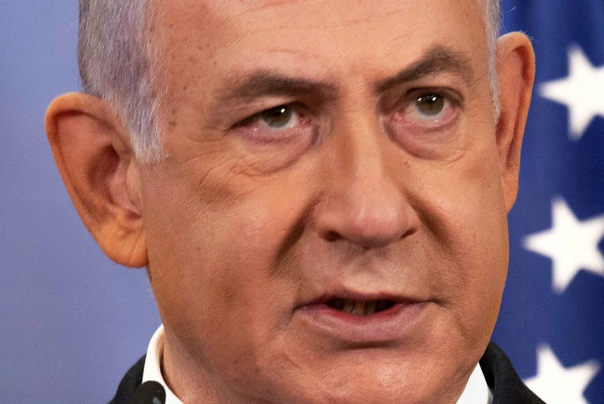
Various reports from America, Europe, and the occupied territories agree on the fact that "Bibi the Magician" is extending the war as a political tactic to save himself.
Netanyahu had faced waves of criticism before the Al-Aqsa Storm Operation. Following the unprecedented HAMAS operation, he is the primary accused, due to reasons including intelligence and security surprises.
From the beginning of the Gaza war, he delayed giving any response until after the war. Now, he is accused by his citizens of sacrificing the lives of Israeli captives, the security of occupied territories, and the hope for normalizing relations with regional countries for the sake of his presence in power.
Netanyahu is also accused of exaggerating about weakening HAMAS, and after six months, he has not yet achieved two of his declared goals: the release of captives and the destruction of Palestinian resistance.
A thought-provoking idea is that Israel and the war cabinet have not been able to locate even one captive over the past six months. Based on this, many political and official settings in the region and around the world believe that Netanyahu needs a much larger war for his survival, to keep his citizens silent, and to persuade his allies to return to the battlefield.
The attack on the Iranian consulate in Damascus is understandable within this framework. The overlooked notion is that Netanyahu, despite all his negative and significant roles over the past six months, is merely the tip of the iceberg that did not sink thanks to the financial, weaponry, political, media, and diplomatic support from Europe and America. And now, it is not possible to shift all responsibilities onto him, sacrifice him, and then turn a blind eye to the consequences of their six-month support.
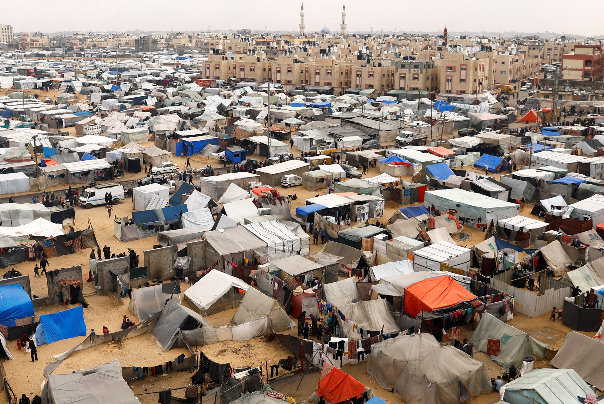
Stick in Rafah and carrot in Cairo
Netanyahu declared last night that the attack on Rafah is certain, and the timing has been confirmed but not yet disclosed. Rafah is the southernmost part of Gaza and shares a border with Egypt. More than 1.5 million displaced people have sought refuge in the coastal strip. Extensive attacks on the region will have only three results: driving Palestinians towards the Sinai Desert in Egypt, mass killing them, or imposing an agreement favorable to Israel on the negotiators in Cairo.
The conclusion of each scenario is Netanyahu's "scorched earth" strategy, which aims to eradicate the issue of Palestine and turn Gaza into an empty and inhospitable ruin. On paper, the strategy may seem successful, but it is the biggest mistake of the Israeli regime, as it has made miscalculation concerning the geography of conflict.
The old strategy of "Scorched Earth" is a classic military strategy in which the land, resources, infrastructure, and even the citizens of a region are destroyed by the warring party to weaken the other side and bring the war to a victorious end. However, the Zionist regime's attempt to implement this policy against Gaza faced an unprecedented united front of resistance across the region; the same unity that three years ago the United States tried to break by assassinating General Qassem Soleimani, but now, faced with the undeniable reality in the region after costly actions, it sees that there is practically no safe haven for it and its illegitimate offspring.
NOURNEWS